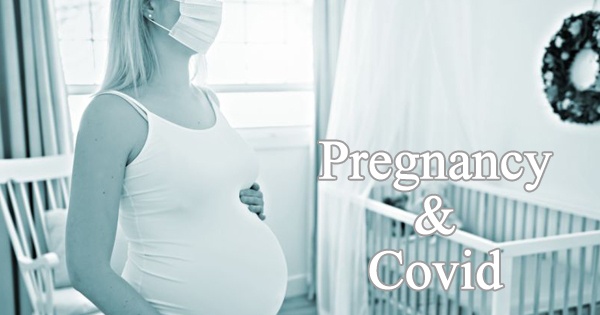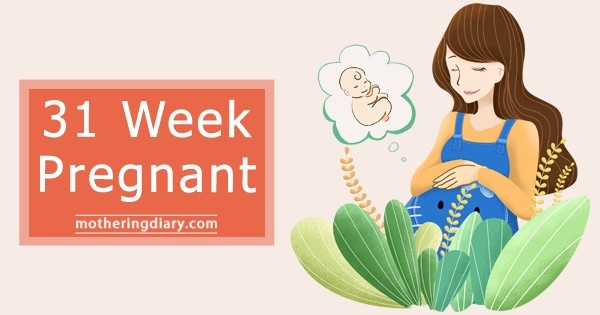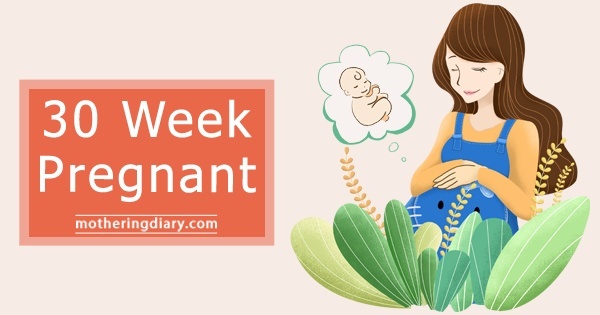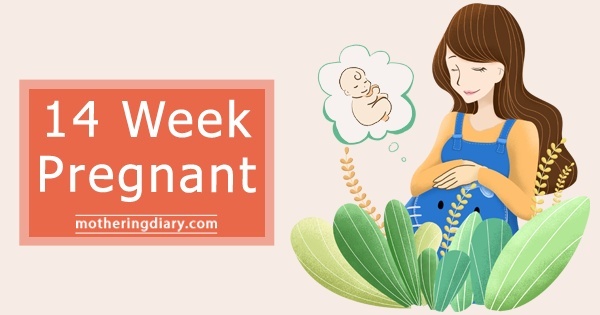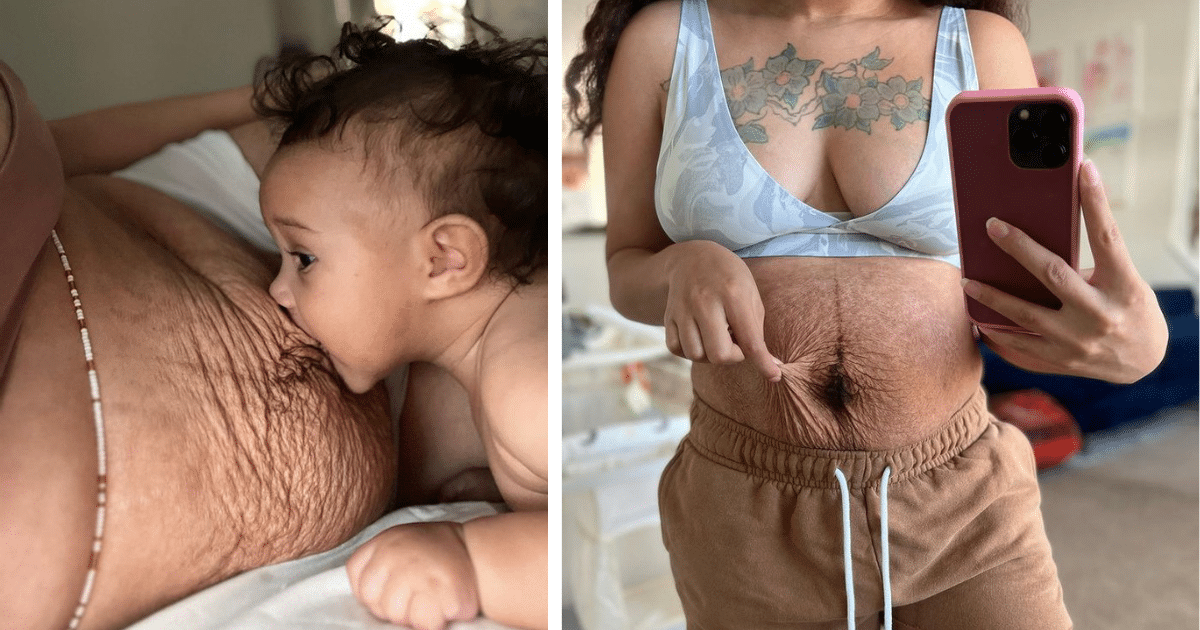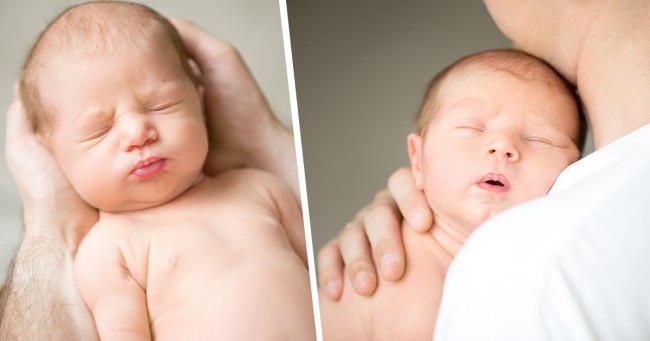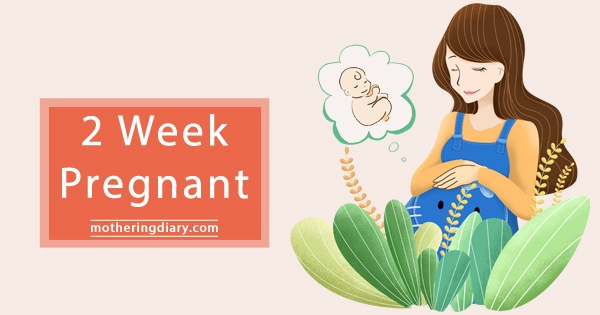
Week 02 starts from 14th to 21st since the first day of the last menstrual period. Until the end of this week, the embryos will cling to the uterine wall to begin their journey.
How does the baby grow?
Last week, the increase in estrogen and progesterone levels in the blood thickened the lining of the uterus, preparing to nourish fertilized eggs. At this time, the eggs in the ovaries are also ripening in fluid-filled sacs, called cysts. Earlier this week (usually the 14th day for a 28-day cycle), ovulation happens. Specifically, an egg will emerge from the follicle and move out of the ovary to get into the fallopian tube. Within the next 12 to 24 hours, the egg will be fertilized if one of the 250 million sperms swims back the vagina to the cervix, passes through the uterus to the fallopian tube and penetrates the egg. Only about 400 sperms survive after the tough 10 – hour journey to meet the egg, and only one sperm gets into the egg (it takes about 20 minutes to find the entrance).

Over the next 10 to 30 minutes, the sperm’s nucleus fuses with the egg’s nucleus to combine genetic information. If the sperm carries a Y chromosome, the baby will be a boy; if it carries X chromosomes, the baby will be a girl. During a 3 or 4 – day journey from the fallopian tube to the uterus, the fertilized egg (called a zygote) will divide into 16 identical cells. After reaching the uterus for 1 or 2 days, it begins to implant in the lining of the uterus and continues to grow and change at an amazing rate.
Now the baby is just a tiny dot that scientists call an embryo sac, which consists of a layer of inner cells that will develop into an embryo, and an outer layer of cells that will grow into the placenta (a cricket-shaped organ that provides oxygen, nutrients to the fetus and transports waste out).
Changes occurring in the mother’s body during the 2nd week of pregnancy
This week, moms enter the ovulation phase of a menstrual cycle. Normally women do not pay much attention to the signs that the ovaries are ovulating, but once planning to have a baby, moms should notice these signs:
- Moms are more sensitive to scents: if suddenly feeling more sensitive to scents, it’s probably because moms are ovulating.
- The body temperature increases: body temperature rises in the middle of the menstrual cycle.
- Vaginal fluids are fluid, clear and chewy like egg whites: this is the best environment for the sperm to swim towards the egg.
- There may be pain in one lower abdomen: about 25% of women experience a slight wobble or discomfort in one of their lower abdomens when ovulating, and the pain site is related to the ovary where ovulation occurs.
If pregnant at this time, most moms don’t realize they’re carrying a germ yet, but there are some sensitive mothers who may recognize strange symptoms that signal pregnancy. Early (though very mild) symptoms include:
- 44% of mothers felt their breasts are softer and more sensitive this week.
- 43% of mothers feel exhausted this week.
- 38% of mothers feel bloated this week.
Activities mom should do this week
- Start taking pregnancy multivitamins, if moms haven’t started yet.
- Record the first day of the last 1 or 2 periods as a basis for determining if moms have a chance to get pregnant.
- Calculate ovulation time.
- Keep a family health record, including genetic issues.
- Quit smoking (if moms or other family members smoke), and remove all unhealthy habits.
- Keep the bed warm with traditional blankets instead of electric blankets as excessive heat and electrical charge from electric blankets can kill or weaken sperm before being released into the uterus to meet eggs.
